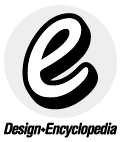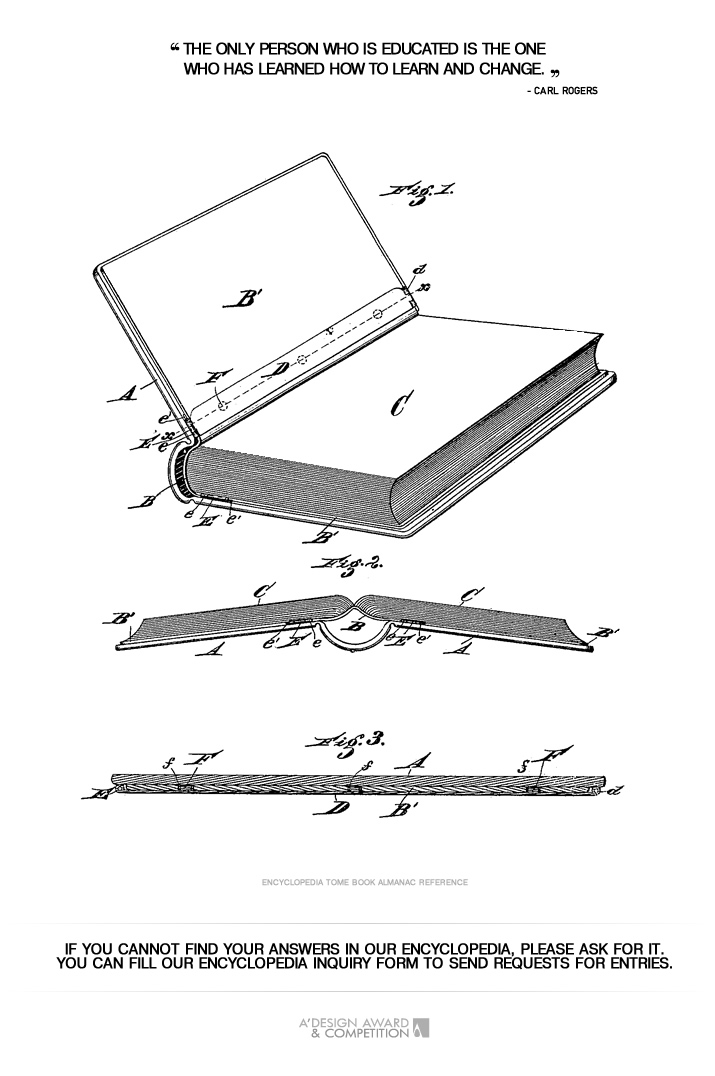
| THE AWARD |
| CATEGORIES |
| REGISTRATION |
| SUBMIT YOUR WORK |
| ENTRY INSTRUCTIONS |
| TERMS & CONDITIONS |
| PUBLICATIONS |
| DATES & FEES |
| METHODOLOGY |
| CONTACT |
| WINNERS |
| PRESS ROOM |
| GET INVOLVED |
| DESIGN PRIZE |
| DESIGN STORE |
| THE AWARD | JURY | CATEGORIES | REGISTRATION | PRESS | WINNERS | PUBLICATIONS | ENTRY INSTRUCTIONS |
Field Test - Entry #478825 |
Home > Design Encyclopedia > 478825 |
 Field Test
Field Test
Field Test is a systematic evaluation methodology conducted in real-world environments to assess the performance, usability, and effectiveness of design solutions under actual conditions of use. This comprehensive approach to design validation extends beyond controlled laboratory settings to gather authentic user feedback and behavioral data, enabling designers to understand how their creations function in diverse contextual situations. The practice emerged from the recognition that controlled environments, while valuable for initial testing, cannot fully replicate the complex interactions and variables present in real-world scenarios. In the design process, field testing serves as a crucial phase where prototypes or finished products are exposed to genuine environmental conditions, user behaviors, and operational challenges that might not be apparent in simulated settings. This methodology has become increasingly sophisticated with the integration of observational techniques, data collection tools, and analytical frameworks that help designers identify potential improvements and validate design decisions. The process typically involves careful documentation of user interactions, environmental factors, and performance metrics, often incorporating both qualitative and quantitative data gathering methods. Field testing has proven particularly valuable in industrial design, where products must withstand various environmental conditions and user scenarios, and in spatial design, where the interaction between users and designed environments can be observed in natural settings. The methodology has evolved to accommodate technological advancements, with modern field tests often incorporating digital tracking tools, sensor-based monitoring, and real-time data analysis. The A' Design Award competition recognizes the importance of field testing in design excellence, often evaluating entries based on their demonstrated performance in real-world applications.
Author: Lucas Reed
Keywords: field research, user observation, environmental testing, prototype validation, real-world evaluation, design verification, usability assessment, performance analysis, contextual inquiry
 About the Design+Encyclopedia
About the Design+EncyclopediaThe Design+Encyclopedia is a crowd-sourced reference of information on design. Unlike other crowd-sourced publications on design, the Design Encyclopedia is edited and actively monitored and publishing is only possible after review of submitted texts. Furthermore, editors of the Design Encyclopedia are mostly consisting of award winning designers who have proven their expertise in their design respective fields. Information posted at design encyclopedia is copyrighted, you are not granted a right to use the text for any commercial reasons, attribution is required. If you wish to contribute to the design encyclopedia, please first register or login to A' Design Award and then start a new design encyclopedia entry.

If you did not find your answer, please feel free to check the design encyclopedia for more entries. Alternatively, you can register and type your own definition. Learn more about A' Design Award's Design+Encyclopedia.

